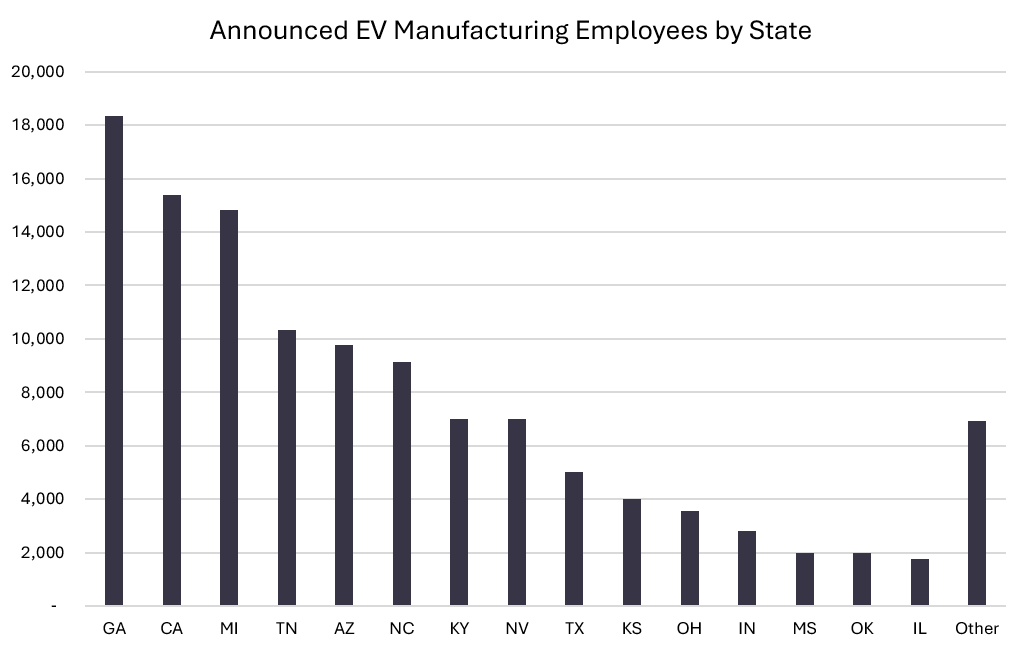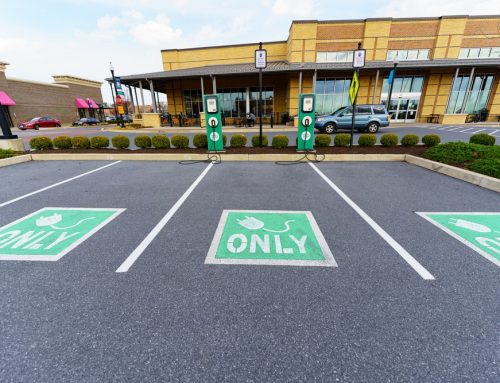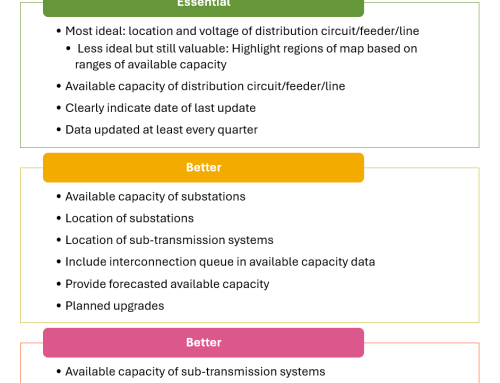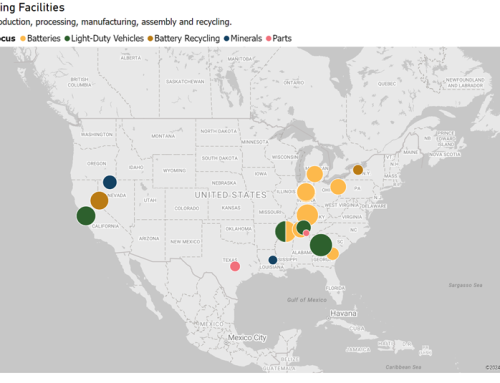
Source: Automakers Dashboard
This story was updated on September 5, 2022, to account for recent developments and revise job estimates. The story was originally published in July 2022.
As automakers go on a hiring bonanza and we build out our Automakers Dashboard further to include more EV battery makers, as of September 5, 2022, there are nearly 119,829 announced EV manufacturing jobs around the country.
The title for this piece is fitting, drawn from the Tennessee Queen, Ms. Dolly Parton. Her dear Tennessee sits at four on the list with the large Ford announcement, as well as smaller announcements from GM, Nissan, and Volkswagen. With four major announcements in 2022, Michigan has climbed into the top echelon of states, trailing Georgia and California.
The size of these investments is enormous. The investment in Georgia by Hyundai was billed as the largest economic development project in the history of the state, as was the investment by Ford in Kentucky. These companies have often been lured by significant incentives.
A few important caveats- many of these jobs are years off. These jobs are also announced jobs and not jobs created. There is nothing to stop an automaker from announcing jobs and then not creating those jobs. We also know nothing about the quality of the jobs. Research points to the fact that auto manufacturing jobs are often better paying than the minimum wage, but auto workers have historically been unionized. In states with “right to work” laws (or anti-union laws), we may see lower quality, lower-paying jobs for the auto manufacturing industry. Just last week, the Center for American Progress released a report on prevailing wage policies for the EV manufacturing sector. Finally, this looks at manufacturing jobs only. An assessment of the employment impact of transportation electrification more broadly is important, but too much for us to get to today.
Research from the Economic Policy Institute (EPI) found that without support, vehicle manufacturing in the United States would drop off. On the other hand, with “strategic investments in manufacturing and job quality,” there could be 150,000 EV manufacturing jobs by 2030, assuming 50 percent EV sales by 2030 and “smart policies” by the government. The research here is worth a read about what that might look like.
There is always an equity angle. The research by EPI finds that “Black workers, and workers with less than a bachelor’s degree” are most likely to lose out from inaction. In the Diversifying the Market chapter of their Electric Vehicles for All, Greenlining has a useful and concrete guide for centering equity in clean energy jobs.
The data prompts some larger questions: how will the presence of large EV manufacturing impact the politics of states? How might it impact state-level policy issues like annual EV fees or direct sales laws? How might it impact states like Georgia, Michigan, Tennessee, or Kentucky that are all below the national average in EV market share but high on the EV jobs list?
To help you think through those questions, here’s a Dolly playlist.


